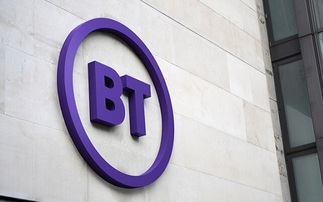BT's regulatory chief tells Computing that agreement can be made if 'parties act sensibly'
BT has called for communications regulator Ofcom to accept its proposals to fix competition concerns about its Openreach arm, claiming that if Ofcom decides to go to the European Commission, there ...
To continue reading this article...
Join Computing
- Unlimited access to real-time news, analysis and opinion from the technology industry
- Receive important and breaking news in our daily newsletter
- Be the first to hear about our events and awards programmes
- Join live member only interviews with IT leaders at the ‘IT Lounge’; your chance to ask your burning tech questions and have them answered
- Access to the Computing Delta hub providing market intelligence and research
- Receive our members-only newsletter with exclusive opinion pieces from senior IT Leaders






















